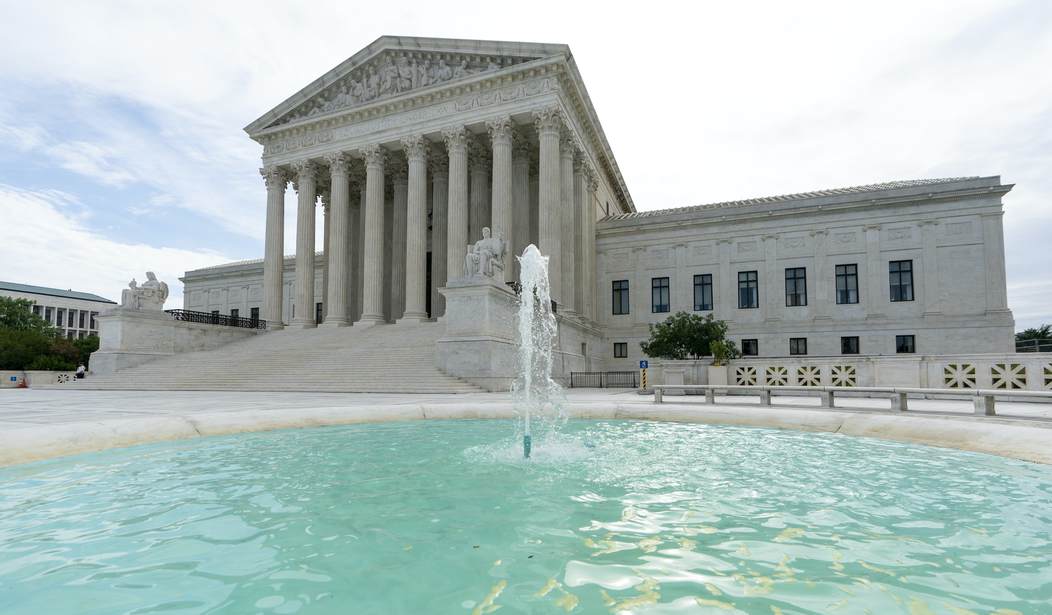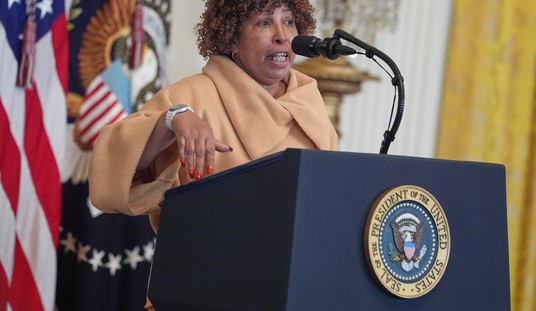I have written three times now on the issue of the response date that Justice Alito has set for the State Defendants in the Kelly v. Pennsylvania action seeking to invalidate the “no excuse” mail-in voting scheme adopted by Pennsylvania, and used in November’s election.
No Help Coming from SCOTUS as Justice Alito Gives Pennsylvania to Dec. 9 to Respond.
Alternative Scenario As To Why Justice Alito Has Given Pennsylvania To Dec. 9 to Respond.
Justice Alito Moves Up Pennsylvania’s Response Deadline.
As I covered in the third story, Justice Alito moved that date up 1 day and 8 hours — from December 9 at 5:00 pm to December 8 at 9:00 am. The noteworthy difference is that midnight on November 8 is the end of the “safe harbor” provision provided for in Title 3, U.S.C. Sec. 5, which provides that if a state names its Electors to the Electoral College on or before December 8, having selected them in a manner provided for by law as it was established prior to the election, the naming of such electors:
“shall be conclusive, and shall govern in the counting of the electoral votes as provided in the Constitution, and as hereinafter regulated, so far as the ascertainment of the electors appointed by such State is concerned.”
I noted in my second story that the “safe harbor” deadline does not inhibit the authority of the Supreme Court to act and fashion a remedy in the election contests that are making their way through the judicial system. The Court could just as easily issue an injunction against Pennsylvania’s naming of electors after December 8 as it could before December 8, so long as the injunction is issued prior to the Electoral College meeting and voting.
But in giving this matter more thought, and considering the implications of what might happen if the Court was to grant injunctive relief against Pennsylvania’s naming of electors, but only did so after December 8, a question arises about how the Court would respond if Pennsylvania went forward with reporting 20 votes in the Electoral College for Joe Biden on December 14, and forwarded that information to Congress for its proceedings on January 6, 2021?
The mechanics of the Electoral College are not widely known. The electors from each state do not leave their state and go to any particular location in or around Washington DC to meet. They gather at a location in their state — the State Capitol normally — and complete the necessary documentation to be delivered to Congress by the appropriate state official, normally the Governor.
On January 6, 2021, Congress meets in a Joint Session of the House and Senate and reads the certifications of the votes of the Electors received from each state. There is a process for “objections” to be made and resolved. But, if the Electors were named prior to December 8, it is possible that Congress would not entertain any “objections” because of the language of the “safe harbor” statute.
The question that may have arisen among the Justices is whether — if they acted after December 8 — they would be creating a scenario where the Governor of Pennsylvania will have timely complied with the “Safe Harbor” provision in naming the State’s Electors, and Congress, led by the Democrat-controlled House, would simply ignore the Supreme Court’s injunction issued against Pennsylvania if it came on December 9 or later, on the basis that federal law — 3 USC Sec. 5 — had been complied with and dictated the outcome. The Congress would have to choose between following the statute or respecting the Court’s decision, and with partisanship where it stands, the answer to that question is in serious doubt.
This puts the Court in the position that it has historically sought to avoid — “ordering” actions of co-equal branches of government that it has little power to enforce, and thereby running the risk that its Order will be ignored and the institutional authority of the Court undermined as a result.
It is the BASIC principle that underlies the entire concept of “judicial review” established in Marbury v. Madison, where Chief Justice Marshall announced the principle that the decisions of the Executive were subject to review by the Court for their constitutionality, but in that particular case that Court determined that ordering the Executive to take corrective action was not needed, thereby avoiding the potential that Pres. Madison would simply ignore the Court.
Again, all the above is just speculation on my part in trying to find meaning in the Court moving the response date ahead so as to not force its decision — whatever it might be — to come only after the end of the “safe harbor” provision.















Join the conversation as a VIP Member